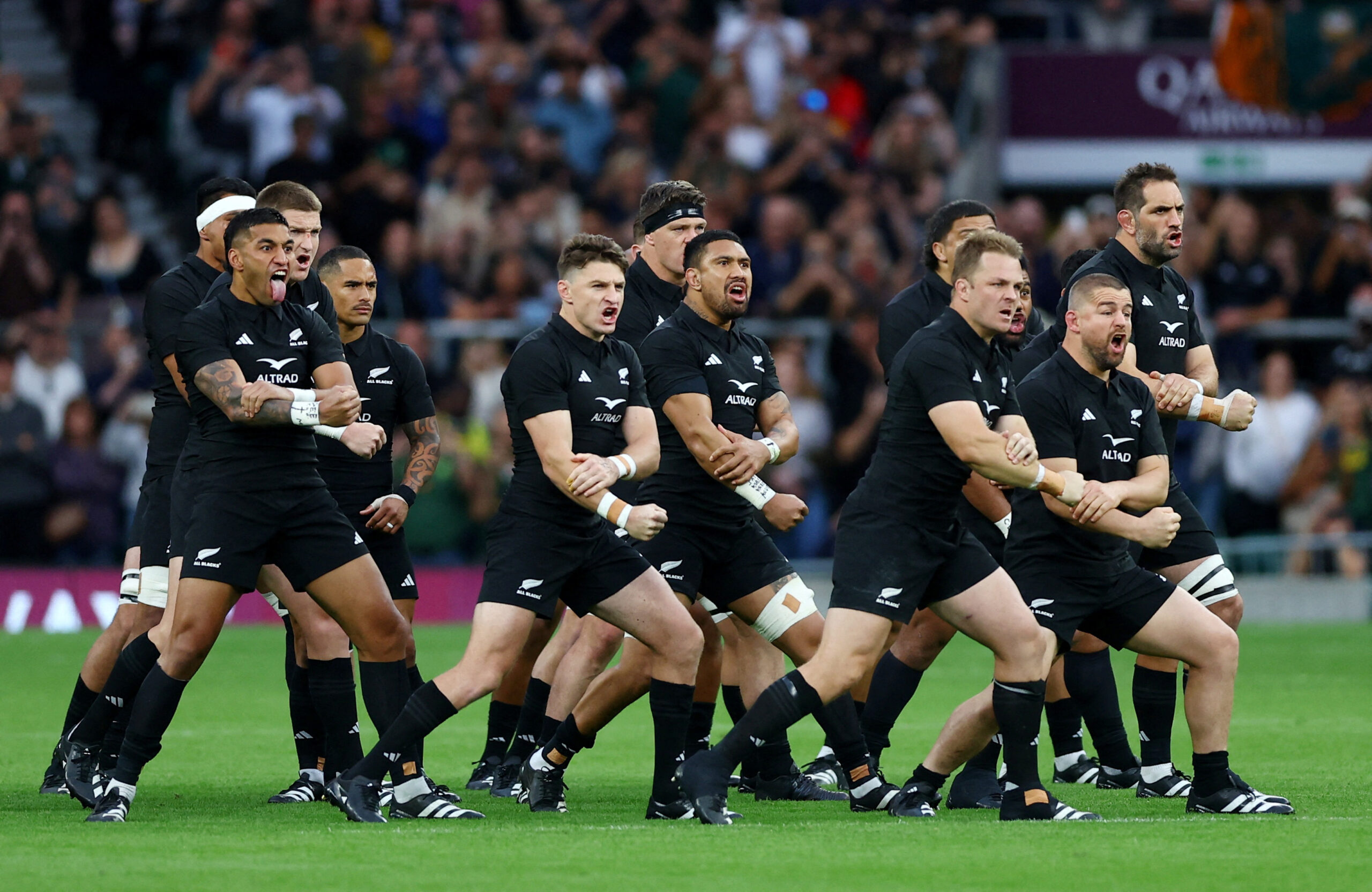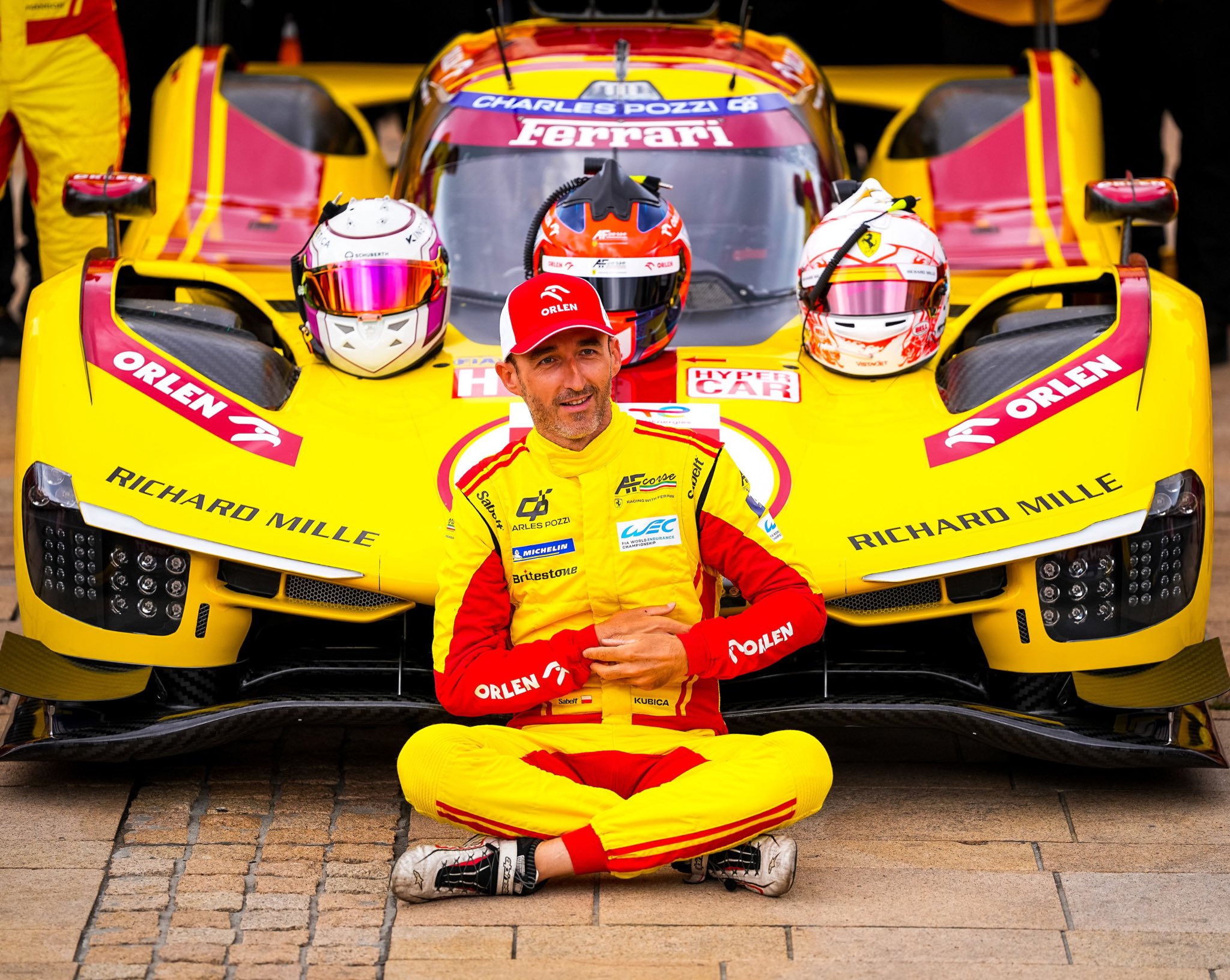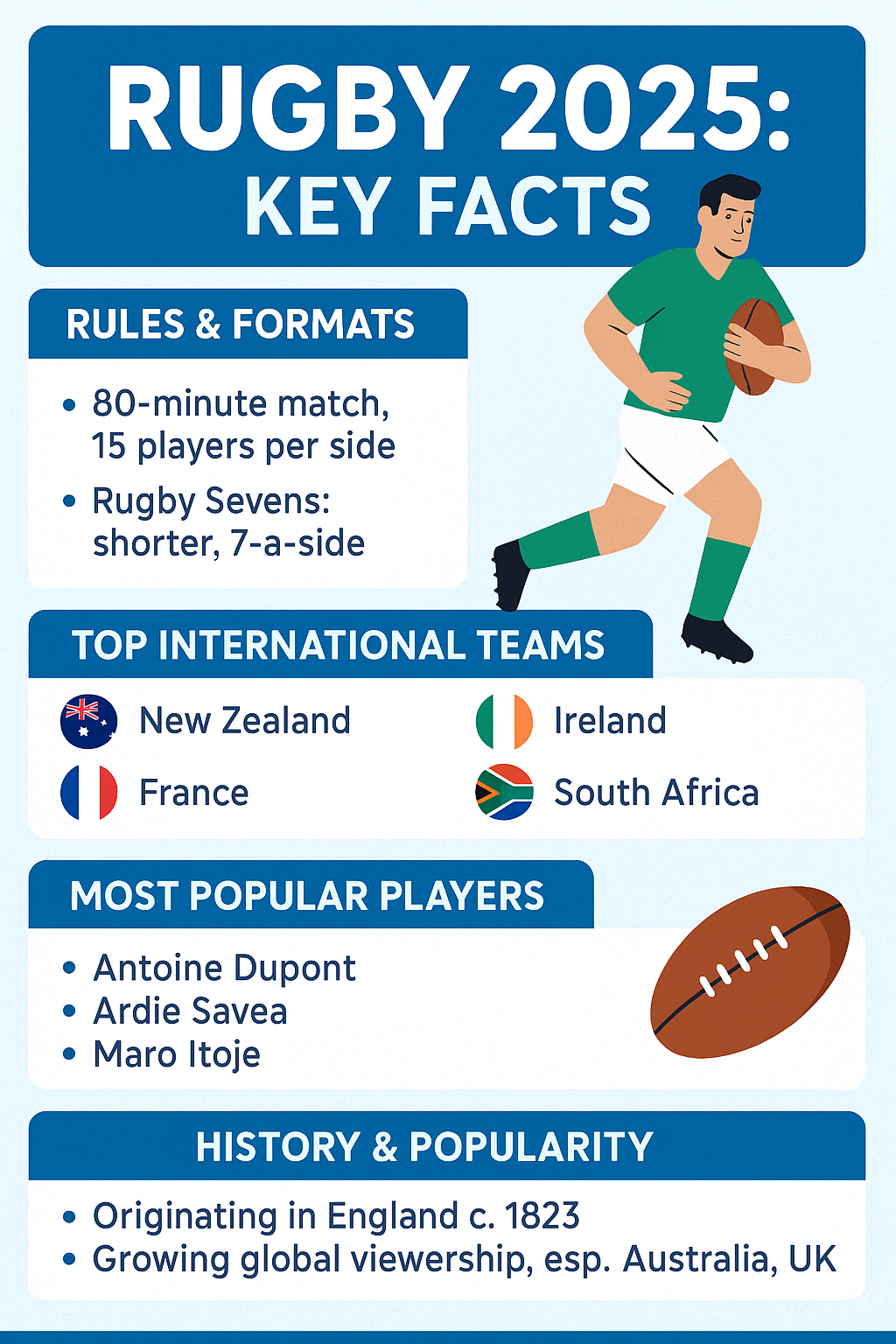SA Rugby recently found itself in a whirlwind of controversy after an unexpected turn of events during the All Blacks’ traditional Haka at a match in Johannesburg. The incident, which led to a storm of reactions, highlights the complex balance between respect for tradition and the reality of a multicultural, competitive world.
The controversy erupted when, just before the kick-off, the stadium DJ began blasting house music, and a massive airplane roared overhead, drowning out the All Blacks’ iconic Haka. The usual respectful silence was replaced with a cacophony of noise, leaving many stunned and sparking a heated debate across the rugby community.
SA Rugby’s CEO, Rian Oberholzer, expressed deep regret over the incident, even going so far as to pen a letter of apology to the New Zealand Rugby Football Union. Former Springboks captain John Smit also voiced his disappointment, emphasizing the need for respect in rugby.
But as the debate raged on social media and beyond, a fundamental question emerged: Does every rugby nation need to treat the Haka with the same reverence as New Zealanders?
The Haka is undoubtedly one of the most powerful traditions in sports. It is more than just a pre-game ritual; it’s a connection to New Zealand’s Maori heritage and a display of unity and strength. Seeing it live is an experience that resonates deeply with many rugby fans, creating an atmosphere of anticipation and excitement before the match even begins.
However, in a diverse and multicultural world, not every culture views the Haka through the same lens. While the Haka’s spiritual and cultural significance is undeniable, the expectation that it must be universally revered may not align with the global nature of rugby. Each nation has its own customs, traditions, and approaches to the game.
In the world of rugby, respect and aggression go hand in hand. Rugby is a sport of honor but also one of fierce competition. Meeting a challenge with equal intensity is part of what makes the game so thrilling. If the Haka is meant to invigorate and challenge, then it should be expected that teams and fans might respond with their own expressions of passion and energy.
The incident in Johannesburg may have been an unintentional mishap, but it brings to light a broader conversation about the intersection of tradition, respect, and the competitive spirit. Perhaps the best way to honor the Haka is to meet it head-on—not with disrespect, but with an equally powerful display of what makes rugby great: the passion, the energy, and the unwavering desire to compete.
As the rugby world moves forward, it’s essential to remember that respect is a two-way street. The Haka will always be a revered part of the game, but how teams and fans respond to it can vary. In the end, what truly matters is the spirit of the game—fueled by tradition, but also by the fierce and unyielding competition that defines rugby.





